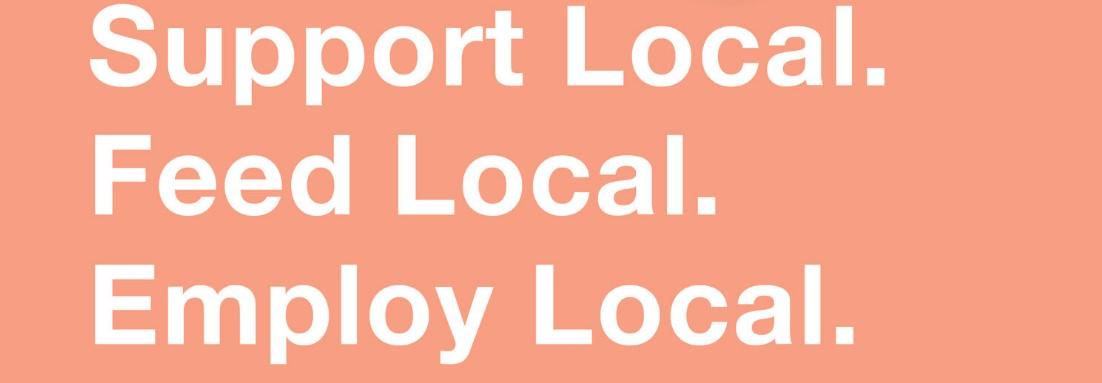
2 minute read
Preparing for a new world
JOHN TULLY - DIRECTOR – TULLY HEARD
At this stage and with no certainty, NSW’s COVID-19 enforcements laws are potentially set to expire in June 2020. Irrespective of the final date, the economic impact of this pandemic will be felt well beyond this period and recovery will be slow. Clubs will more than likely not regain pre COVID – 19 revenues for some time. Competition will intensify and discretionary spending among members will become even more discerning.
Advertisement
WHAT DO WE KNOW?
Customer behaviour and spending habits are set to change. People will have less money and will expect far greater slue when visiting venues. Hygiene and safety processes, supply chain information and venue presentation will become fundamental to reestablishing confidence among your membership base. New consumption habits within an in-home environment will have been formed and online entertainment options would have been exposed to a wider audience at an increased frequency level.
The government is likely to set new and permanent health and safety regulations that will impact venue revenues (particularly early on) and expenses. Management will need to perform a comprehensive review of a clubs operational process and modify existing management plans, venue design, layout and cost implications.
Competitively, the market will more than likely contract in both size and number of hospitality venues (including NSW registered clubs). Competitive activity will increase as venues strive to regain pre COVID-19 market share levels. Once the lock-down restrictions are lifted, the relaunch period will be concentrated as we all get back to business, however consumer uptake will more than likely be slower.
WHAT DO WE DO NOW TO PREPARE?
Now is the time for your board and management to maintain resolve and reset the business for growth. With so many unknowns, this is a difficult task, however it starts with acceptance that the world will be different, understanding the potential changes and forming reasonable assumptions to adapt the business model accordingly. To do this, a club needs to ask itself several key questions:
>What are our core competencies that will continue to drive the business and deliver on the club’s vision?
>Who is our key market, why would they return (versus a competitor) and how best do we engage with them?
>To what level do our customers return and within what time frame?
>What is our financial capacity to relaunch our venue in a relevant and profitable manner?
>What is our cash flow position following government incentives, bank, supplier and tax deferrals and then relaunching the business with a softer trading outlook?
>If finance is required, on what basis would consideration be given?
The alternative to above would be to do nothing – rather than re-opening the doors once the restrictions are lifted. Given the magnitude of the COVID-19 disruption and its impact on both the economy and the human psyche, we can’t see how any board could realistically accept such an approach.
The new world is upon us and now is the time to reset, review and relaunch a business that effectively and profitably caters to this changed environment.










